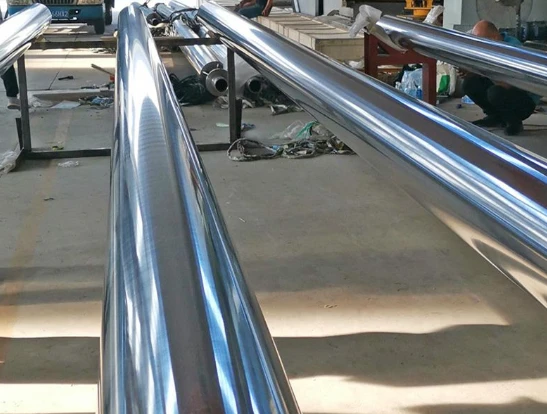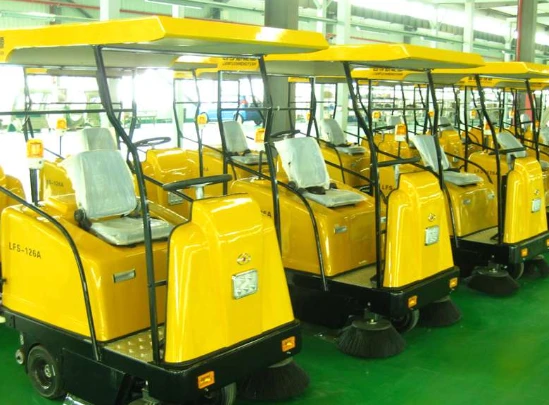
-
 Afrikaans
Afrikaans -
 Albanian
Albanian -
 Amharic
Amharic -
 Arabic
Arabic -
 Armenian
Armenian -
 Azerbaijani
Azerbaijani -
 Basque
Basque -
 Belarusian
Belarusian -
 Bengali
Bengali -
 Bosnian
Bosnian -
 Bulgarian
Bulgarian -
 Catalan
Catalan -
 Cebuano
Cebuano -
 China
China -
 China (Taiwan)
China (Taiwan) -
 Corsican
Corsican -
 Croatian
Croatian -
 Czech
Czech -
 Danish
Danish -
 Dutch
Dutch -
 English
English -
 Esperanto
Esperanto -
 Estonian
Estonian -
 Finnish
Finnish -
 French
French -
 Frisian
Frisian -
 Galician
Galician -
 Georgian
Georgian -
 German
German -
 Greek
Greek -
 Gujarati
Gujarati -
 Haitian Creole
Haitian Creole -
 hausa
hausa -
 hawaiian
hawaiian -
 Hebrew
Hebrew -
 Hindi
Hindi -
 Miao
Miao -
 Hungarian
Hungarian -
 Icelandic
Icelandic -
 igbo
igbo -
 Indonesian
Indonesian -
 irish
irish -
 Italian
Italian -
 Japanese
Japanese -
 Javanese
Javanese -
 Kannada
Kannada -
 kazakh
kazakh -
 Khmer
Khmer -
 Rwandese
Rwandese -
 Korean
Korean -
 Kurdish
Kurdish -
 Kyrgyz
Kyrgyz -
 Lao
Lao -
 Latin
Latin -
 Latvian
Latvian -
 Lithuanian
Lithuanian -
 Luxembourgish
Luxembourgish -
 Macedonian
Macedonian -
 Malgashi
Malgashi -
 Malay
Malay -
 Malayalam
Malayalam -
 Maltese
Maltese -
 Maori
Maori -
 Marathi
Marathi -
 Mongolian
Mongolian -
 Myanmar
Myanmar -
 Nepali
Nepali -
 Norwegian
Norwegian -
 Norwegian
Norwegian -
 Occitan
Occitan -
 Pashto
Pashto -
 Persian
Persian -
 Polish
Polish -
 Portuguese
Portuguese -
 Punjabi
Punjabi -
 Romanian
Romanian -
 Russian
Russian -
 Samoan
Samoan -
 Scottish Gaelic
Scottish Gaelic -
 Serbian
Serbian -
 Sesotho
Sesotho -
 Shona
Shona -
 Sindhi
Sindhi -
 Sinhala
Sinhala -
 Slovak
Slovak -
 Slovenian
Slovenian -
 Somali
Somali -
 Spanish
Spanish -
 Sundanese
Sundanese -
 Swahili
Swahili -
 Swedish
Swedish -
 Tagalog
Tagalog -
 Tajik
Tajik -
 Tamil
Tamil -
 Tatar
Tatar -
 Telugu
Telugu -
 Thai
Thai -
 Turkish
Turkish -
 Turkmen
Turkmen -
 Ukrainian
Ukrainian -
 Urdu
Urdu -
 Uighur
Uighur -
 Uzbek
Uzbek -
 Vietnamese
Vietnamese -
 Welsh
Welsh -
 Bantu
Bantu -
 Yiddish
Yiddish -
 Yoruba
Yoruba -
 Zulu
Zulu
Feb . 01, 2025 03:51
Back to list
fiberglass settler
In the realm of wastewater treatment and industrial processes, fiberglass settlers have emerged as a game-changing innovation, providing unparalleled efficiency and durability. Fiberglass, a material renowned for its corrosion resistance, strength, and flexibility, is ideal for applications where conventional materials might fail. This article delves into the vital role that fiberglass settlers play, underlining their importance through the lens of experience, expertise, authoritativeness, and trustworthiness.
The authoritativeness of fiberglass settlers is further reinforced by rigorous testing and certification by industry standards. Leading organizations and regulatory bodies endorse their use, having recognized their potential to uphold environmental compliance without the drawbacks associated with metal and concrete systems. Their ability to foster an efficient settlement of solids in wastewater translates into cleaner effluent, thus supporting environmental sustainability. This authoritative support reassures stakeholders of their decision to invest in fiberglass technology. Trustworthiness is a primary concern when dealing with infrastructure that plays a crucial role in public health and safety. Fiberglass settlers, thanks to their non-reactive surface, do not leach harmful substances into the water, unlike some metals. This feature not only preserves the quality of the treated water but also extends the longevity of the equipment as chemical reactions that would typically cause degradation are absent. Furthermore, manufacturers of fiberglass settlers often provide comprehensive warranties, reflecting confidence in the product's long-term performance. In conclusion, fiberglass settlers represent a synthesis of advanced engineering, material science, and environmental stewardship. Their proven track record, coupled with expert endorsements and regulatory support, elevates them as the favored choice in industries demanding reliable, cost-effective, and sustainable water treatment solutions. Adopting fiberglass settlers is a testament to the commitment to innovation and excellence, securing operational efficiency and environmental health for years to come.


The authoritativeness of fiberglass settlers is further reinforced by rigorous testing and certification by industry standards. Leading organizations and regulatory bodies endorse their use, having recognized their potential to uphold environmental compliance without the drawbacks associated with metal and concrete systems. Their ability to foster an efficient settlement of solids in wastewater translates into cleaner effluent, thus supporting environmental sustainability. This authoritative support reassures stakeholders of their decision to invest in fiberglass technology. Trustworthiness is a primary concern when dealing with infrastructure that plays a crucial role in public health and safety. Fiberglass settlers, thanks to their non-reactive surface, do not leach harmful substances into the water, unlike some metals. This feature not only preserves the quality of the treated water but also extends the longevity of the equipment as chemical reactions that would typically cause degradation are absent. Furthermore, manufacturers of fiberglass settlers often provide comprehensive warranties, reflecting confidence in the product's long-term performance. In conclusion, fiberglass settlers represent a synthesis of advanced engineering, material science, and environmental stewardship. Their proven track record, coupled with expert endorsements and regulatory support, elevates them as the favored choice in industries demanding reliable, cost-effective, and sustainable water treatment solutions. Adopting fiberglass settlers is a testament to the commitment to innovation and excellence, securing operational efficiency and environmental health for years to come.
Related Products









